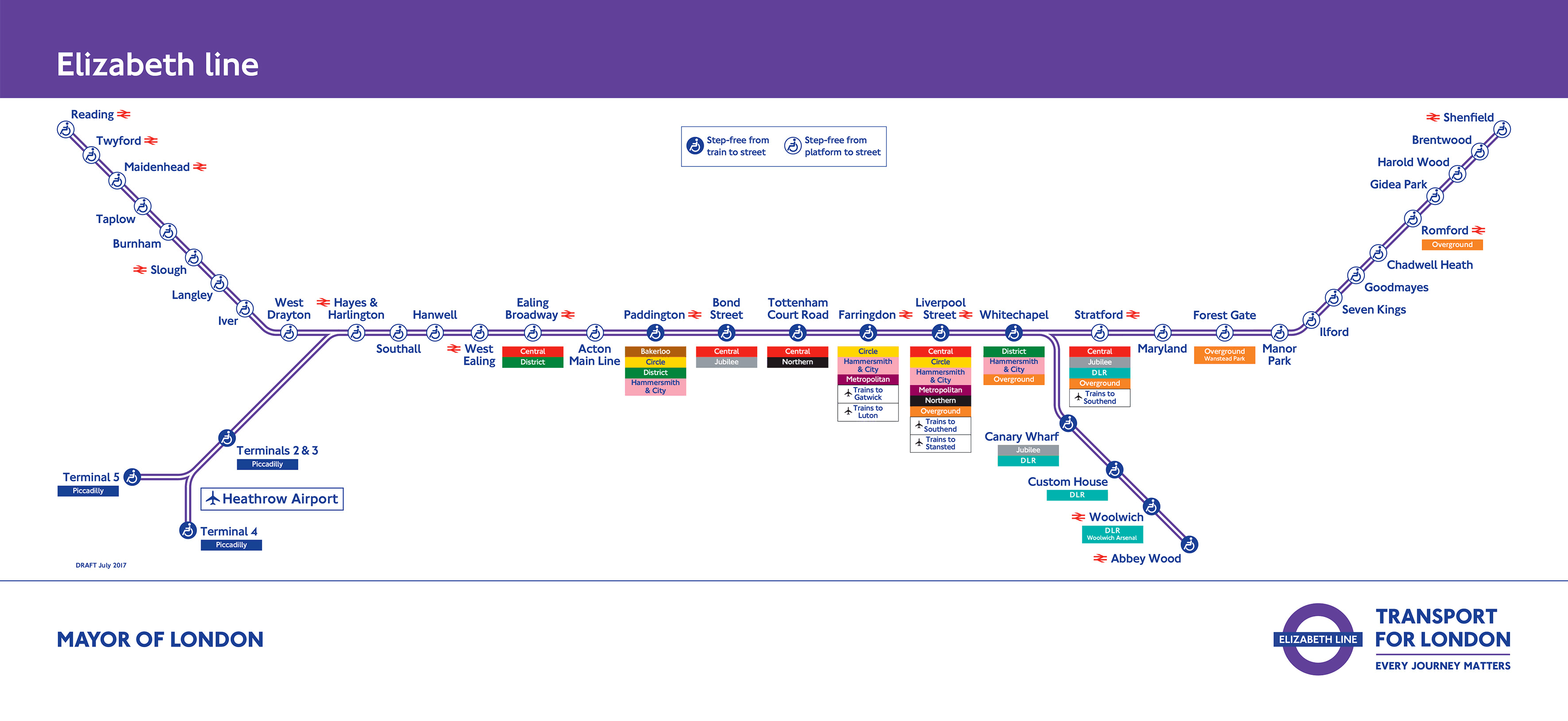top of page


Arrival of the railway

The Woodgrange Estate was built between 1887 and 1892, providing over a thousand new homes on what had previously been farmland. Forest Gate had become an attractive place to live after the Eastern Counties Railway opened in 1839, stretching from Mile End to Romford. The railway was targeted by German bombers in the Second World War, and post-war redevelopment led to further significant changes in the area, through rebuilding and the arrival of new communities.
With all the rebuilding, the Wanstead Flats provided the very important amenity of public space. They too, however, were threatened with redevelopment after the Second World War. During the war some space was given to house German prisoners of war, and immediately afterwards land was taken up by housing prefabs. A vigorous public campaign during 1946 and 1947 ensured that the Flats remained open to the public, and they have remained a popular outdoor space with Forest Gate residents ever since. The Flats were last threatened with development as part of the 2012 Olympics, but, following a public outcry, the administrative buildings were dismantled after the games ended.
Outdoor space

Demographic changes can be traced through the changing make up of Green Street, the busy shopping street that runs South-North from Forest Gate's Romford Road, to Barking Road in Upton and East Ham. Forest Gate has been a way-station on the migration routes of various communities who first settled in London’s East End before moving to Redbridge and Essex. Although Forest Gate used to have a large Jewish population, Green Street has since been a predominantly Asian area. From 2004, after several Eastern European countries joined the EU, more people from Eastern Europe have made their homes in Newham.
Green Street

There used to be many more cinemas on the high street, and their decline shows the change in leisure, particuarly since televisions became affordable from the 1950s onwards. Before the era of the multiplex, cinemas also hosted concerts and variety shows on their stages, which were later often converted into bingo halls. Particular to Forest Gate was a large, indoor skating-rink, which itself used to be a cinema, as well as a theatre, billiard club, and indoor-tennis hall.
Local entertainments

All change, please.
Just as the arrival of the Great Eastern Railway brought new development and new people to Forest Gate, the coming of Crossrail has greatly affected the area. House prices in Forest Gate have risen, on average, by 65% since 2009. It is important for the area that new leisure opportunities enhance, rather than replace, existing ones, and that all local residents can access these. New community schemes have been successful, for instance Forest Gayte Pride, which ran for the first time in 2017.

Just as the arrival of television changed video entertainment, cheap radio sets altered how people consumed music. After the post-war recession, the arrival of the teenager with disposable income created a demand for new youth-orientated culture. Forest Gate was home to the Uppercut Club (housed in the old skating rink) and the Lotus Club, both of which played host to some of the biggest bands of the decade. The music of the Small Faces, whose very own Ronnie Lane was local to the area, still endures today. Although only open for a year, Billy Walker's Uppercut Club is still fondly remembered by many. It did, however, re-open under new management in the 1980s, hosting Reggae bands and Dancehall DJs, as well as punk groups. The building was demolished and the site is now occupied by an air-vent for the Eurostar Tunnel.
The 1960s

bottom of page